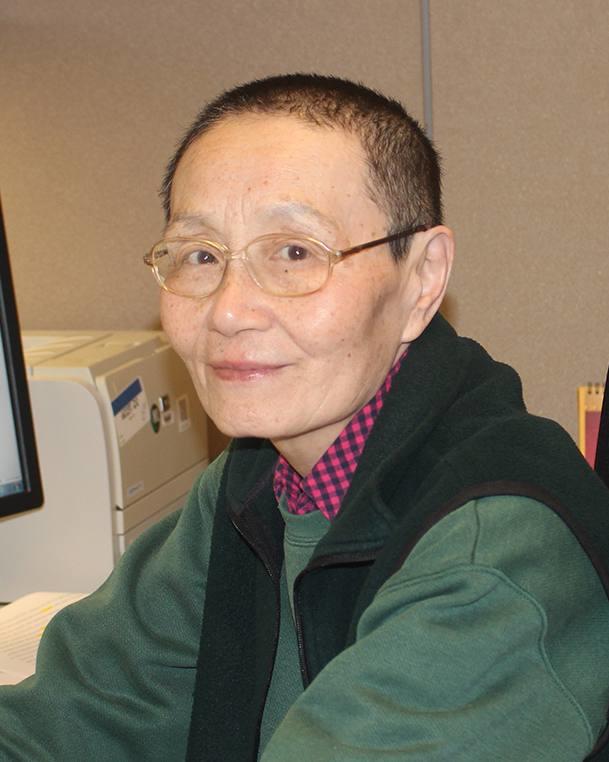Nan Hu Retires after 32 Years of Service
, by Jennifer K. Loukissas, M.P.P.
Nan Hu, M.D., Ph.D., staff scientist in the Metabolic Epidemiology Branch (MEB), will retire from the National Cancer Institute in July 2024 after 32 years of service. Dr. Hu has integrated her training, experience, and skill in widely-varied but complementary disciplines—molecular genetics, bench work, epidemiologic field studies, and statistical analysis—to play a fundamental role in MEB’s research on the etiology, prevention, and early detection of upper gastrointestinal cancers.
Dr. Hu received her medical degree from the Shanxi Medical College in Taiyuan, China, in 1976, followed by a master’s degree in cytogenetics and medical genetics from the Beijing Medical College. After completing a doctorate in cancer genetics from the Peking Union Medical College under the mentorship of Dr. Wu Min, she served as a postdoctoral fellow with Dr. Janet Rowley at the University of Chicago before coming to the NCI, first as a visiting associate, and then as a postdoctoral fellow with Dr. Dean Hamer.
She joined the Cancer Prevention Fellowship program in 1994, earning an M.P.H. in epidemiology and biostatistics from the George Washington University in the process. Dr. Hu joined DCEG as a staff scientist and conducted research with several investigators, most recently in MEB. Working closely with Dr. Phil Taylor (DCEG retired) and Alisa M. Goldstein, Ph.D., senior investigator in the Clinical Genetics Branch, they completed very large-scale international multidisciplinary studies of esophageal and gastric cancer. This genetic-focused work included genome-wide association studies of esophageal squamous cell carcinoma, gastric cardia adenocarcinoma, and gastric noncardia adenocarcinoma as well seminal molecular genetics studies of these same tumors. Her work created a trove of biological samples that will be used for tumor sequencing studies for years to come. Most recently, she worked with a large international team to complete the first whole genome sequencing study of esophageal squamous dysplasia, the precursor lesion for ESCC.
